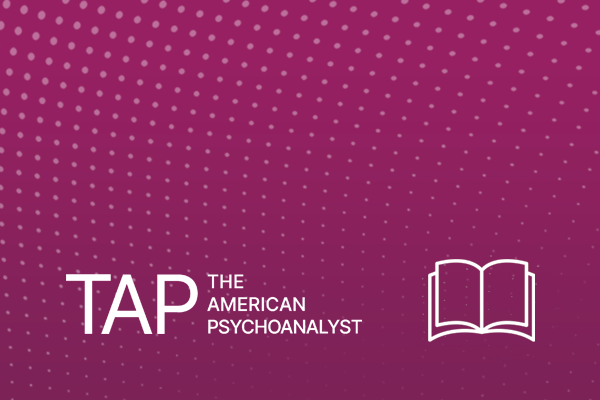Title: The Cost-Effectiveness of Psychotherapy and Paroxetine for Severe Irritable Bowel Syndrome
Author: Creed, F.; Fernandes, L.; Guthrie, E.;Palmer, S.; Ratcliffe, J.; Read, N.; et al.
Source: Gastroenterology, 124(2), 303-317, 2003
Abstract: BACKGROUND & AIMS: Psychotherapy and antidepressants are effective in patients with severe irritable bowel syndrome (IBS), but the cost-effectiveness of either treatment in routine practice has not been established.
METHODS: Patients with severe IBS were randomly allocated to receive 8 sessions of individual psychotherapy, 20 mg daily of the specific serotonin reuptake inhibitor (SSRI) antidepressant, paroxetine, or routine care by a gastroenterologist and general practitioner. Primary outcome measures of abdominal pain, health-related quality of life, and health care costs were determined after 3 months of treatment and 1 year later.
RESULTS: A total of 257 subjects (81% response rate) from 7 hospitals were recruited; 59 of 85 patients (69%) randomized to psychotherapy and 43 of 86 (50%) of the paroxetine group completed the full course of treatment. Both psychotherapy and paroxetine were superior to treatment as usual in improving the physical aspects of health-related quality of life (SF-36 physical component score improvement, 5.2 [SEM, 1.26], 5.8 [SEM, 1.0], and -0.3 [SEM, 1.17]; P < 0.001), but there was no difference in the psychological component. During the follow-up year, psychotherapy but not paroxetinewas associated with a significant reduction in health care costs compared with treatment as usual (psychotherapy, $976 [SD, $984]; paroxetine, $1252 [SD, $1616]; and treatment as usual, $1663 [SD, $3177]).
CONCLUSIONS: For patients with severe IBS, both psychotherapy and paroxetine improve health-related quality of life at no additional cost
[/av_toggle]
[av_toggle title=' How to Study the ‘Quality of Psychoanalytic Treatments’ and Their Long-Term Effects on Patients’ Well-Being: Representative,Multi-Perspective Follow-Up Study ' tags='' custom_id='' av_uid='av-kz3vu4t9' sc_version='1.0']
Title: How to Study the ‘Quality of Psychoanalytic Treatments’ and Their Long-Term Effects on Patients’ Well-Being: Representative,Multi-Perspective Follow-Up Study
Author: Beutel, Manfred;Leuzinger-Bohleber, Marianne; Rüger, Bernhard; and Stuhrast, Ulrich
Source: Int J Psychoanal. 2003 Apr;84(Pt 2):263-90.
Abstract: How can we study the ‘quality of psychoanalytic treatments’? The authors attempt to answer this question by discussing a naturalistic, multi-perspective and representative follow-up study of psychoanalyses and long-term psychoanalytic psychotherapies. We studied a representative sample (n = 401) of all the patients who had terminated their psychoanalytic treatments with members of the German Psychoanalytical Association (DPV) between 1990 and 1993. Between 70 and 80 per cent of the patients achieved (average 6.5 years after the end of treatment) good and stable psychic changes according to the evaluations of the patients themselves, their analysts, independent psychoanalytic and non-psychoanalytic experts, and questionnaires commonly applied in psychotherapy research. The evaluation of mental health costs showed a cost reduction through fewer days of sick leave during the seven years following the end of long-term psychoanalytic treatments.The results achieved using non-psychoanalytical instruments are complemented by the richness of the idiosyncratic findings, gained by the psychoanalytic research instruments.



